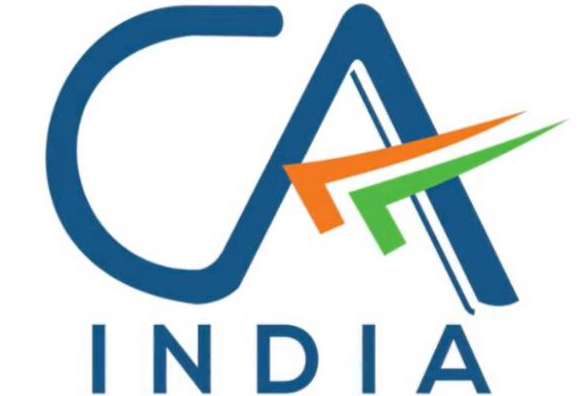Maximizing Tax Savings for Small Businesses: Key Strategies to Consider
Introduction: Tax planning is a critical aspect of financial management for small businesses. By optimizing your tax strategy, you can minimize liabilities and maximize savings, allowing you to reinvest in your business and fuel growth. In this blog post, we’ll explore some key tax planning strategies that small businesses can consider to maximize their tax savings.
1. Take Advantage of Tax Deductions: Small businesses are entitled to various tax deductions that can reduce their taxable income and lower their overall tax bill. Common deductions include expenses related to office rent, utilities, equipment purchases, employee salaries, and marketing expenses. By carefully tracking and documenting these expenses, you can ensure that you claim all eligible deductions and maximize your tax savings.
2. Consider Retirement Plans: Contributing to retirement plans such as a Simplified Employee Pension (SEP) IRA or a Solo 401(k) not only helps you save for retirement but also offers significant tax advantages for small business owners. Contributions to these plans are typically tax-deductible, allowing you to reduce your taxable income while saving for the future. Additionally, earnings on contributions grow tax-deferred until withdrawal, providing further tax benefits.
3. Leverage Tax Credits: Tax credits are another valuable tool for reducing your tax liability. Small businesses may be eligible for various tax credits, such as the Research and Development (R&D) tax credit, the Small Business Health Care Tax Credit, and the Work Opportunity Tax Credit (WOTC). These credits can provide a dollar-for-dollar reduction in your tax bill, making them highly valuable for maximizing tax savings.
4. Stay Up-to-Date on Tax Law Changes: Tax laws and regulations are constantly evolving, so it’s essential to stay informed about changes that may affect your business. Working with a qualified tax advisor or chartered accountant can help you navigate complex tax laws and identify opportunities to minimize your tax burden. By staying proactive and informed, you can adapt your tax strategy to take advantage of new tax laws or incentives as they arise.
Conclusion: Maximizing tax savings is a key priority for small businesses, and strategic tax planning plays a crucial role in achieving this goal. By leveraging deductions, retirement plans, tax credits, and staying up-to-date on tax law changes, small business owners can optimize their tax strategy and keep more of their hard-earned money. To learn more about how our CA firm can help you maximize your tax savings, contact us today for a consultation.











